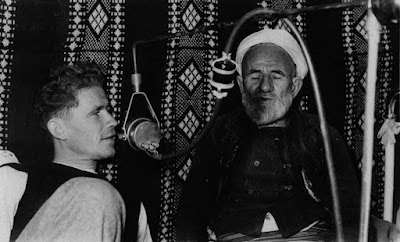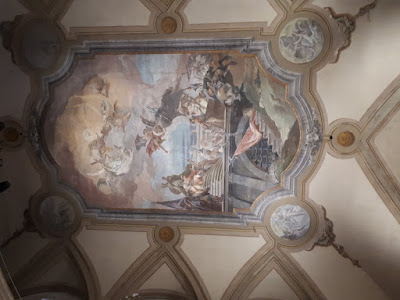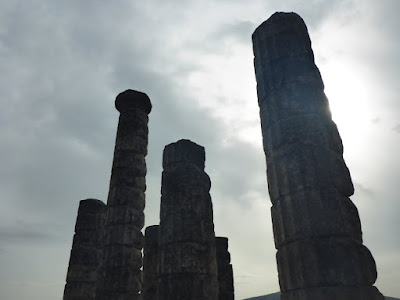Ancient Greece and Rome played varying roles in early anthropological thinking, from the observations of colonial officials and missionaries to the evolutionary ethnology and ethnography of the late 19th century, and beyond into the professionalized social sciences of the 20th century. Grounded in themes that emerged in the course of editing a volume on the classics and early anthropology (published April 2018 with Brill), Prof. Varto will augment and re-evaluate the formative, early relationship between the two disciplines and explores its continuing impact.
This will be the final Institute lecture for 2017/2018.
The 17th Aegaeum Conference in Venice and Udine
For five stimulating days last week Aegean prehistorians of every regional stripe gathered in Venice and Udine for the 17th International Aegean Conference. The theme of this iteration was ΜΝΗΜΗ / MNEME. PAST AND MEMORY IN THE AEGEAN BRONZE AGE. In Venice the papers were given in the former later 17th–century church of Santa Margharita of Antioch on the Campo Santa Margharita, that has been converted into an auditorium of the Ca’ Foscari University of Venice. The ceiling frescos and sculpture made it a special place.
The Institute was represented directly in the form of two papers relating to the research conducted under its aegis. Prof. Angus Smith (Brock University) and Prof. Sevasti Triantaphyllou (University of Thessaloniki) discussed how the dead were remembered in the chamber tombs of the Late Helladic III cemetery at Ayia Sotira near Nemea in the Peloponnesos. Profs. Bryan Burns (Wellesley College) and Brendan Burke (University of Victoria) presented the Late Helladic II Blue Stone Structure at Eleon in Boiotia as a monument to memorialize the area of cist burials of a specific elite group at the settlement.In addition, Prof. Rodney Fitzsimons (Trent University) made an insightful proposal concerning the rationale behind the construction at Mycenae in the Argolid of the last two, most elaborate tholos tombs and the monumentalization of the “sacred” route to the palace on the citadel in Late Helladic IIIB2. I joined Dr. Metaxia Tsipopoulou (Hellenic Ministry of Culture and Sport) in arguing for the use over 750 years of the area around House Tomb 2 in the Petras cemetery (Siteia, Crete) to connect the recent dead of a specific elite group with the founders of the first settlement at Petras.
The conference was indeed memorable from all points of view!
Cordially,
David Rupp
Director





















